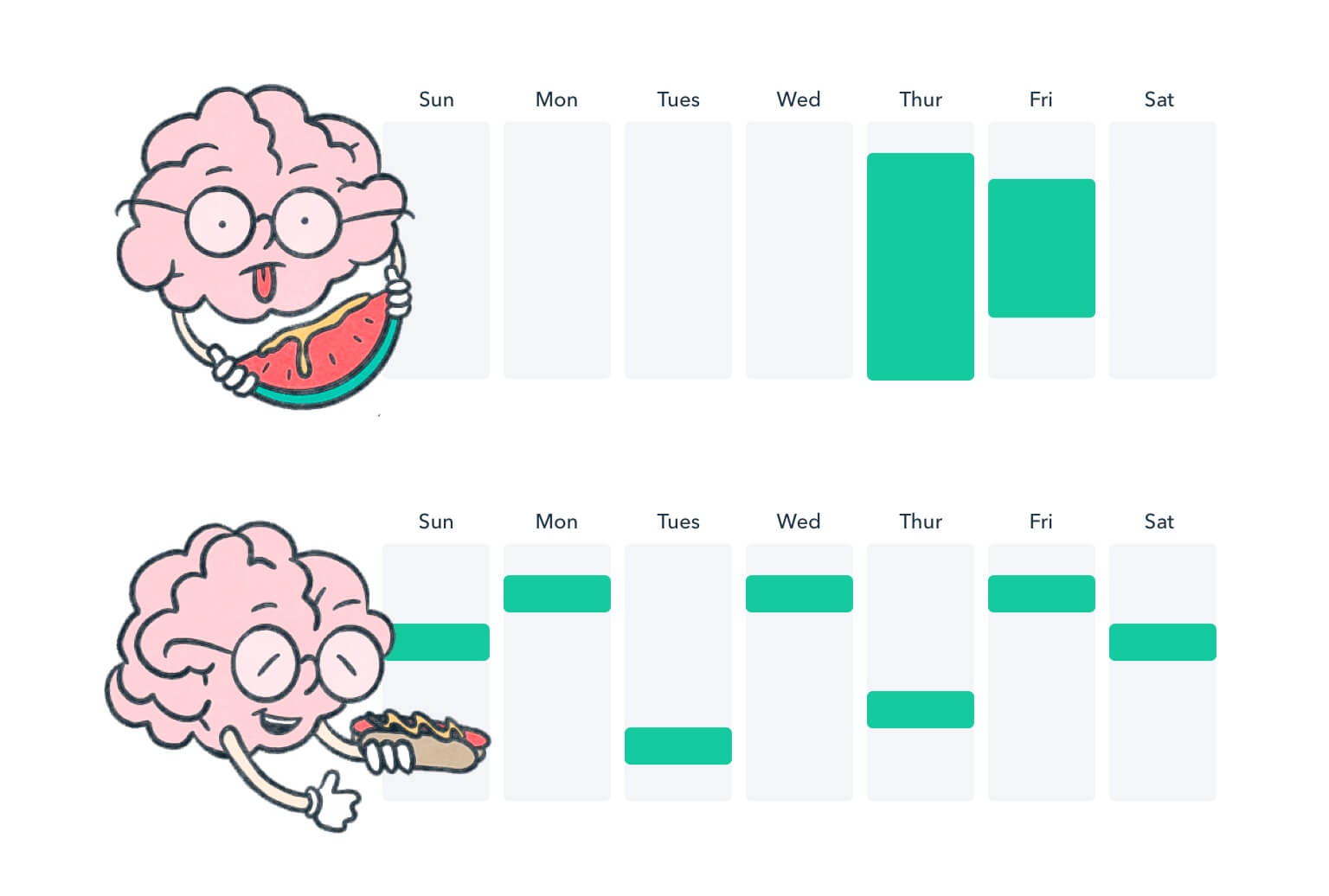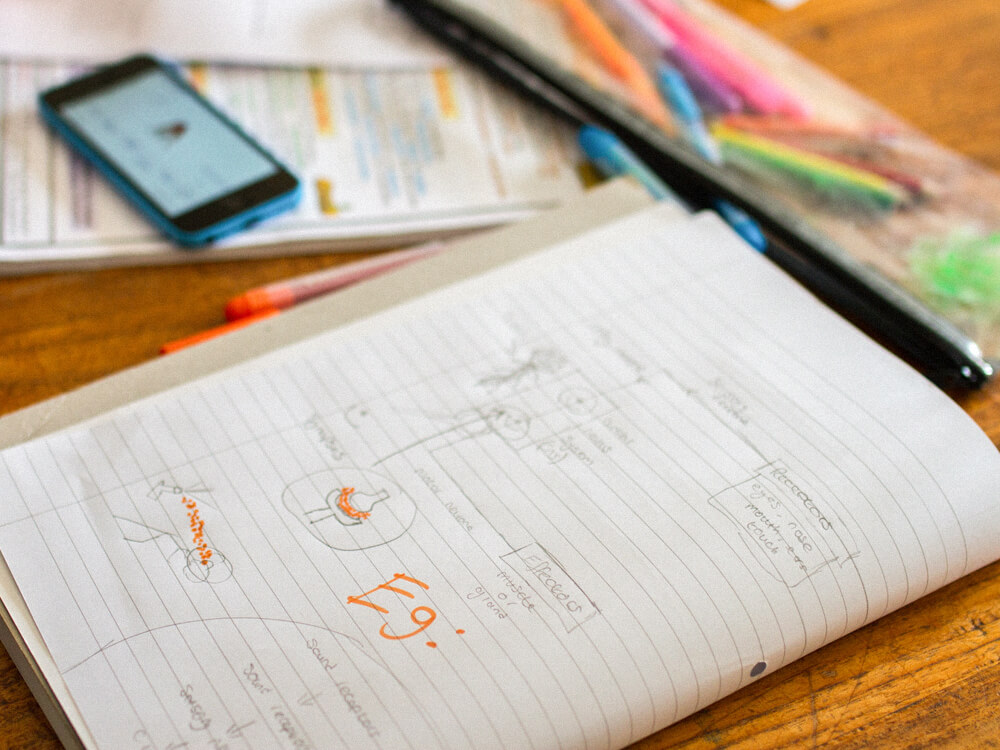Knowing how to study can make a massive difference between exam success or absolute failure. When faced with a task or topic we need to learn effectively, most of us don’t know where to start. The experience of going through the process can be defined with one word: stressful.
Don’t worry, there is hope! Here are a few ways you can make studying start to work for you.
Spread it Out
Cramming for an exam is as good of a combination as watermelon and mustard. You are more likely to learn and retain information if you space out your study sessions.
Research has consistently shown that memory can be improved if you study in short bursts over a long period. If you have 10 hours total to study for an exam, it’s better to review for 30 minutes a day for a few weeks then doing all 10 hours in one day.
Why is this better? Your brain is only good at encoding short-term information into long-term knowledge in the synapses when repeated exposure of information occurs. This is why learning different skills, like playing the guitar, often follow the same procedures.
Our brains need to practice regularly in short bursts to retain more info.

Mix Up the Order
Integrate flashcards or a learning app that jumble questions for you. In a study done by psychologist Robert Bjork, participants were tasked with learning 12 different painting styles of 12 different artists. Half of the participants viewed the painting style in order, while the other half viewed them in scrambled orders. Interestingly, participants who were exposed to the mixed ordering were better at identifying the style to the artist.
Mixing up information can help you notice both the differences and similarities among a learned topic, generating a deeper understanding of the material. This is effective because shuffling topics will make your brain work harder.
By introducing a challenge, you can improve long-term knowledge as you’re forced to process new information at a deeper level through a concept known as “desirable difficulties“, a learning task that requires an extra bit of work to improve long-term memory for high performance on exams.
Learn to Teach, Teach to Learn
Even if you’re a pro at memorizing information, there’s a chance your memory can become blurred on exam day. To be a better learner, pair the topic on your flashcards with the Feynman Technique. This technique says that to master a subject, you should be able to explain it to someone else simply and concisely.
When you review your lessons, pretend to teach the materials to an audience. As you teach, you’ll remember more while building connections around the topic to produce active recall. Active recall is a process of remembering information by evolving short-term memory to long-term memory so that you can draw on it for an exam.
This is a popular method that is used consistently by instructors before giving a lecture. When they prepare for a lesson, they’ll seek out critical points by organizing information that will make it easier for others to understand. Thus, the knowledge will stick within your long-term memory.
Batch Similar Topics While Studying
Juggling multiple topics is a great way to study, but it can be a quick way to burn yourself out. Try batching different topics together to make new information more manageable for your brain to process.
For example, break down your study sessions by putting aside a day to just read your textbooks or lecture notes. On another day, spend time reviewing/learning those notes. And finally, use a day to test your ability to retain what you read to see how well you stack up.
When you switch between related tasks, your brain makes good use of the same set of skills, eliminating mental fatigue. Batching will help your mind organize since you don’t have to switch back and forth between reading your textbooks and reviewing your notes. You’ll also see that your brain will make connections between different topics, speeding up your ability to learn new information.
Stick to the Classics
Typing notes on a laptop can be quick and handy, but it’s less likely to stick in your brain. To be a better learner, bust out the classic pen and paper. A study done by psychologists Pam Mueller and Daniel Oppenheimer found that students who write out their notes process information at a much higher level compared to those who typed it out.
Is there a trick to note taking? Yup! Don’t just write down what you hear word for word. The best practice is to re-frame the information into your own words while writing it down physically. This practice will create a mind-body connection that leads to better information recall.

Create Your Own Studying Habits
Studying is about understanding what works best for you. You don’t have to pull an all-nighter reading textbooks because that’s how your friend scored above 95% on an exam. Sometimes, taking in all the information can be extremely overwhelming.
Becoming better at studying takes time, and it always takes determination to develop new habits. Start by making an effort to learn how to study better and focus on just a few of these methods. When you get into the routine, you’ll be on the right track to becoming a successful student.

 learning science
learning science